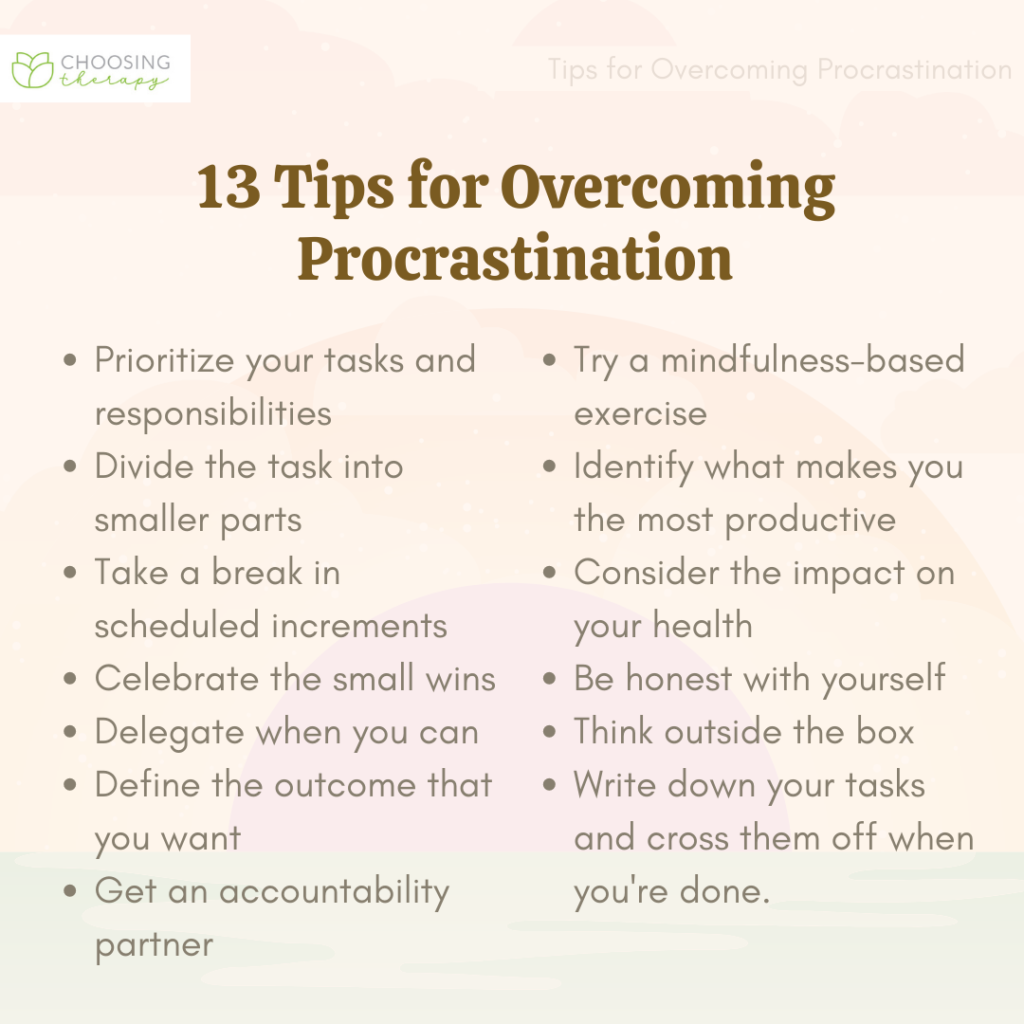In the modern age, many individuals struggle with mental and emotional challenges that affect their daily lives. Among these, procrastination, procrastinaçao emotional dependency, and impostor syndrome are some of the most common challenges. But how can we overcome them?
In this guide, we will dive into the causes and solutions these three challenges. By understanding their impact and learning to manage them effectively, you can take control of your life.
Understanding Procrastination and Its Impact
Procrastination is the act of delaying tasks even when you are aware of the consequences. It often stems from fear of failure, lack of motivation, or poor time management.

The effects of procrastination, can be far-reaching. To combat procrastination requires developing better habits and breaking tasks into smaller steps. Consider techniques like the Pomodoro Technique or setting realistic deadlines to stay on track.
What is Emotional Dependency?
Emotional dependency occurs when an individual relies heavily on others for validation, support, or happiness. While human connection is essential, emotional dependency can become unhealthy when self-esteem is tied solely to others’ approval.
Symptoms often include a fear of rejection, difficulty making decisions independently, and constant seeking of external approval. To overcome emotional dependency, it’s crucial to build self-confidence and cultivate self-reliance. Engaging in personal development activities and professional guidance can be helpful tools.
What is Impostor Syndrome?
Impostor syndrome refers to a psychological phenomenon where individuals doubt their accomplishments despite evident success. Those affected often attribute their achievements to luck rather than skill or effort.

Impostor syndrome often results in anxiety, self-doubt, and hesitation to pursue new opportunities. Addressing this issue involves challenging self-critical beliefs and acknowledging personal successes. Seeking feedback from trusted peers and setting realistic expectations can also help you build confidence.
How to Address These Challenges?
Here are some practical steps:
- Create a routine to combat procrastination and set achievable goals.
- Build self-awareness to identify patterns of emotional dependency and foster personal resilience.
- Acknowledge your strengths regularly and consider therapy or coaching.
oque e procrastinacao
Consistency is key, so keep practicing these methods to see positive changes.
Conclusion: Taking the First Step
These challenges may seem daunting, but you can overcome them by taking deliberate action. With awareness and consistent effort, you open the door to personal growth.
Take the first step by acknowledging where you stand and implementing small but meaningful changes. Remember: progress is a journey, not a destination.